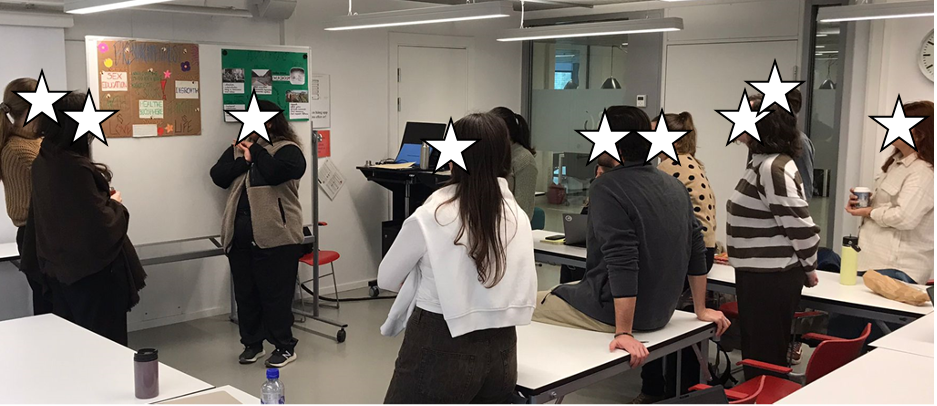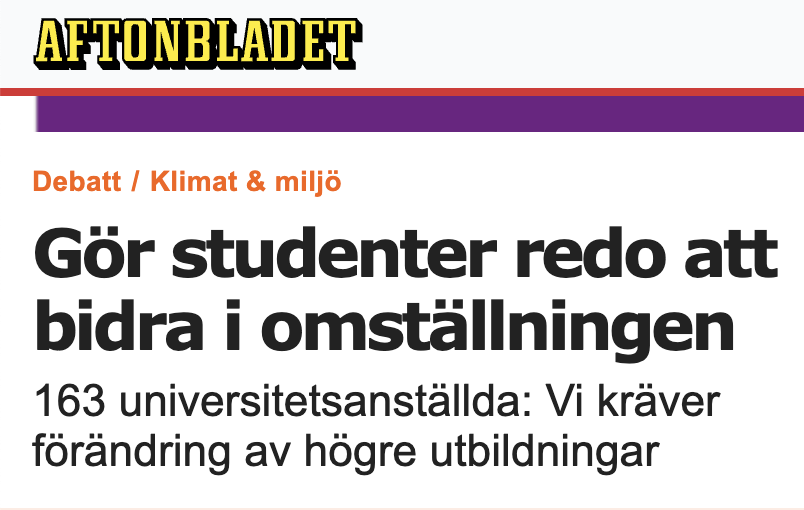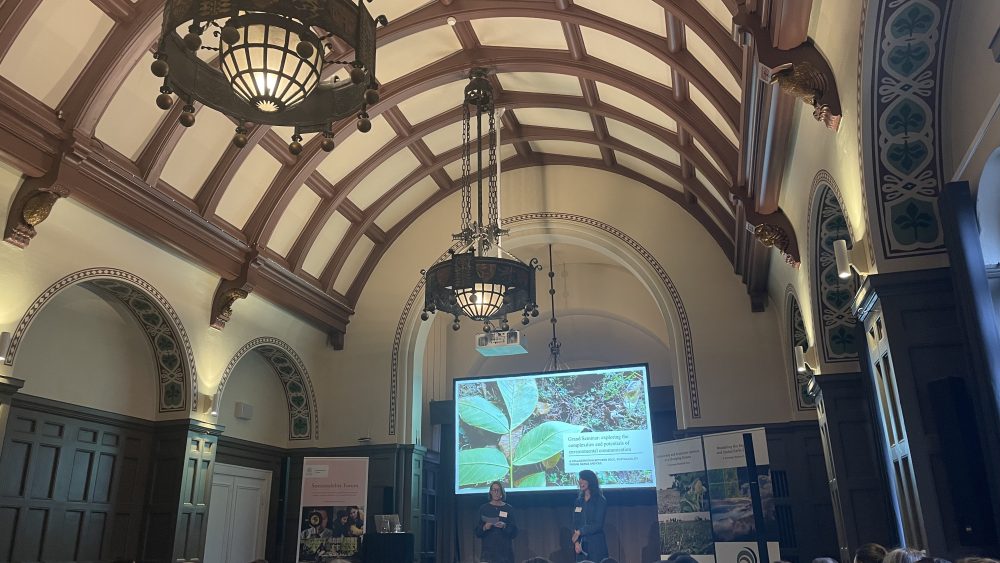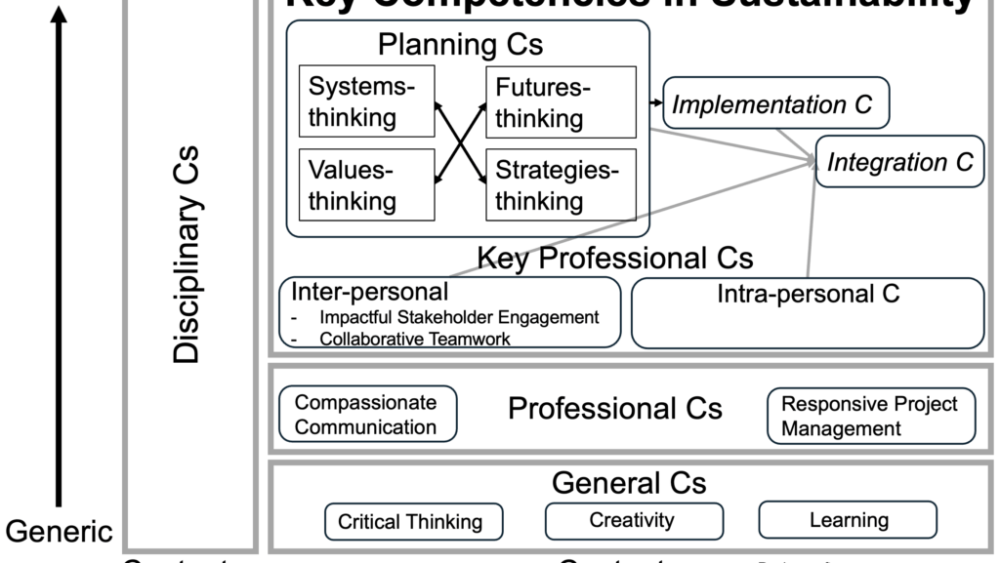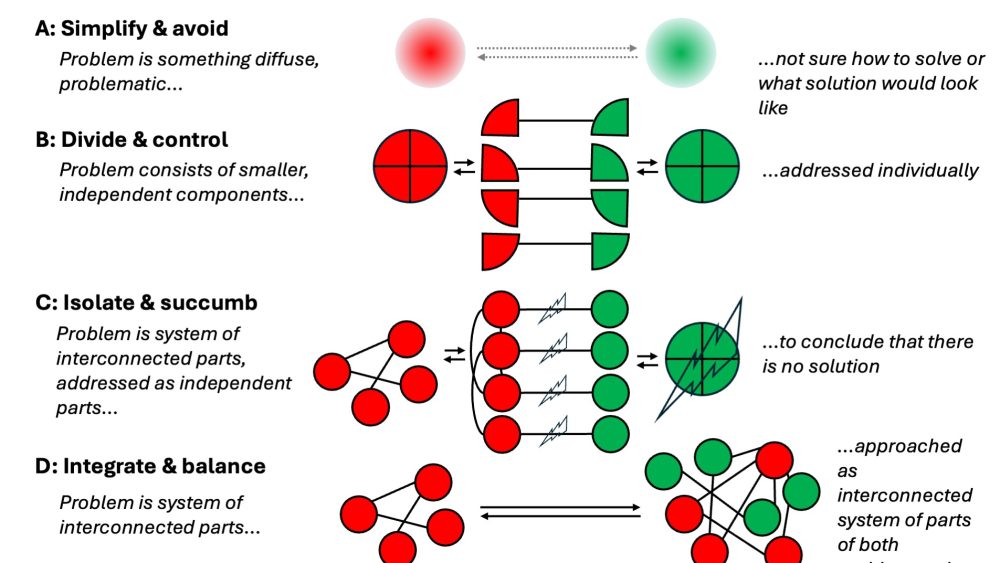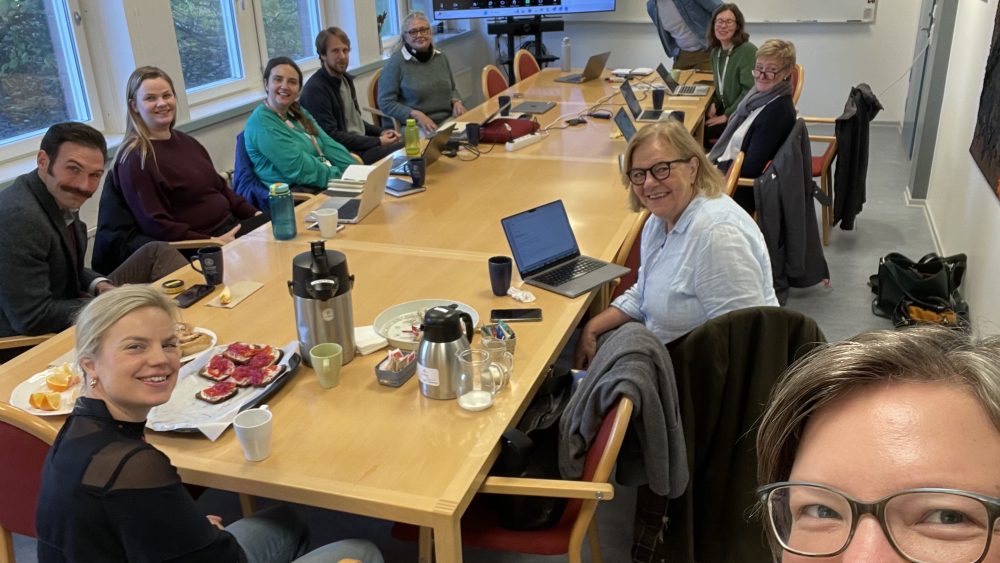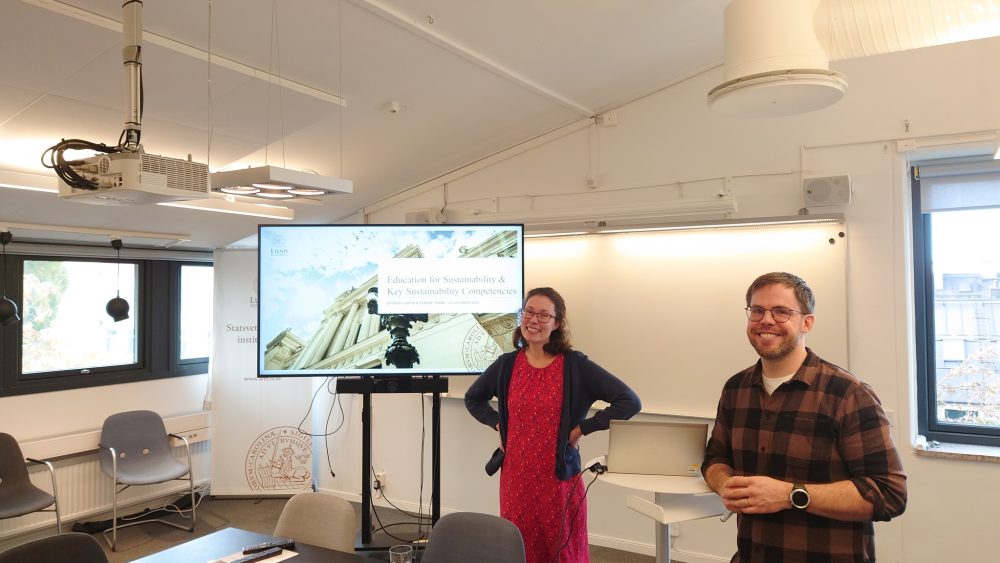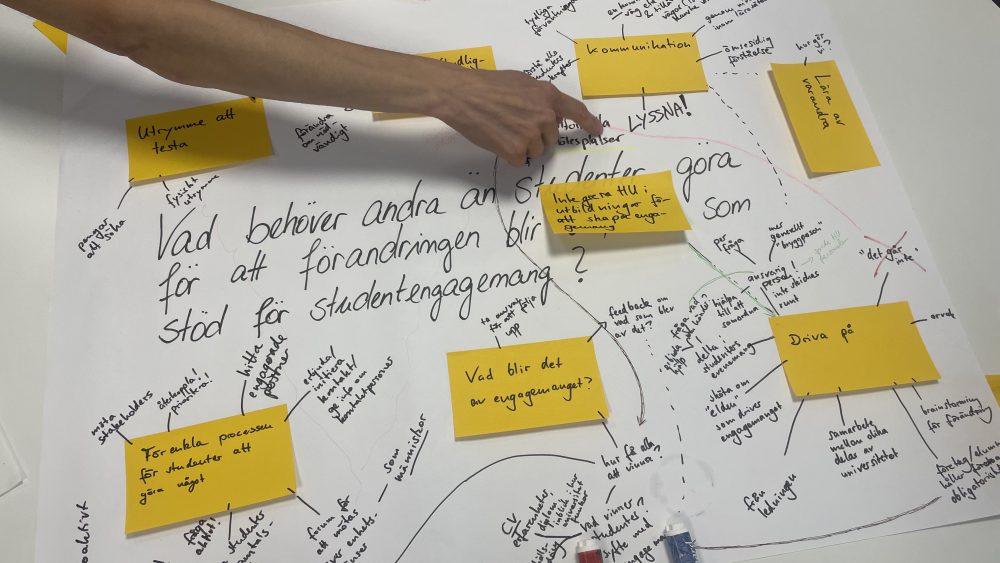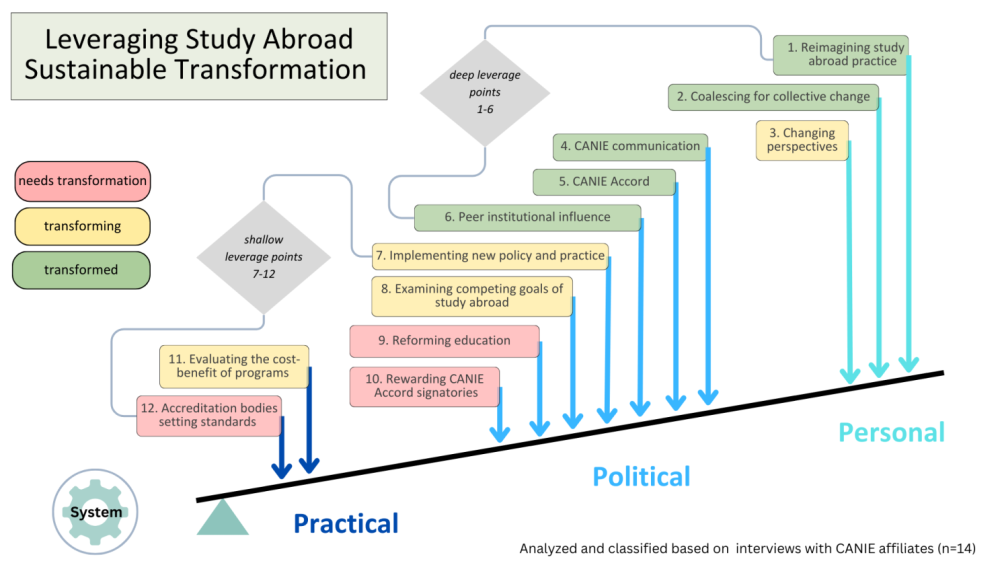If you are interested in Teaching for Sustainability, this blog post is for you. Last week I had the honor to go as a student representative to a workshop which discussed the critical question: what is the future sustainable university look like, and how do we reach it? What is the role of the university, and what is the role of the students? After an intense and inspiring day of workshopping, students and teachers alike wrote an to the headmasters of the universities in Sweden which declared what change we want to see in order for the universities to show their devotion to the sustainability goals and how to teach for the sustainable future.



